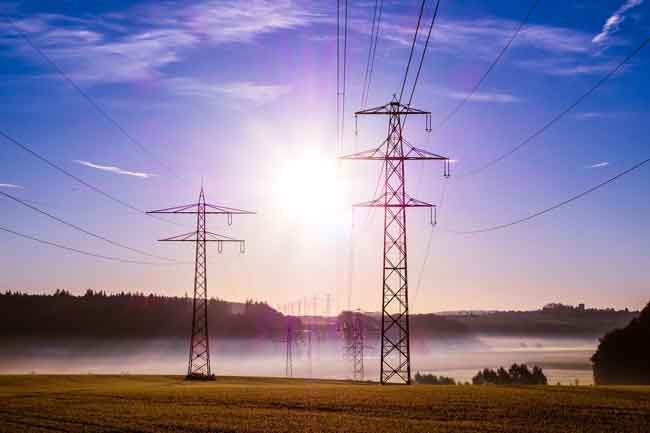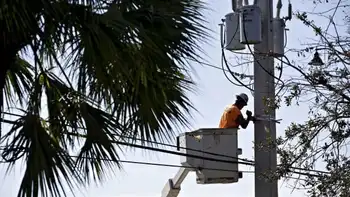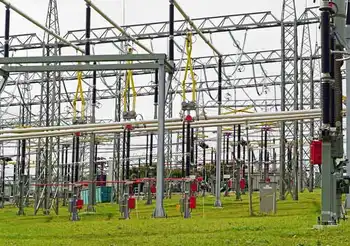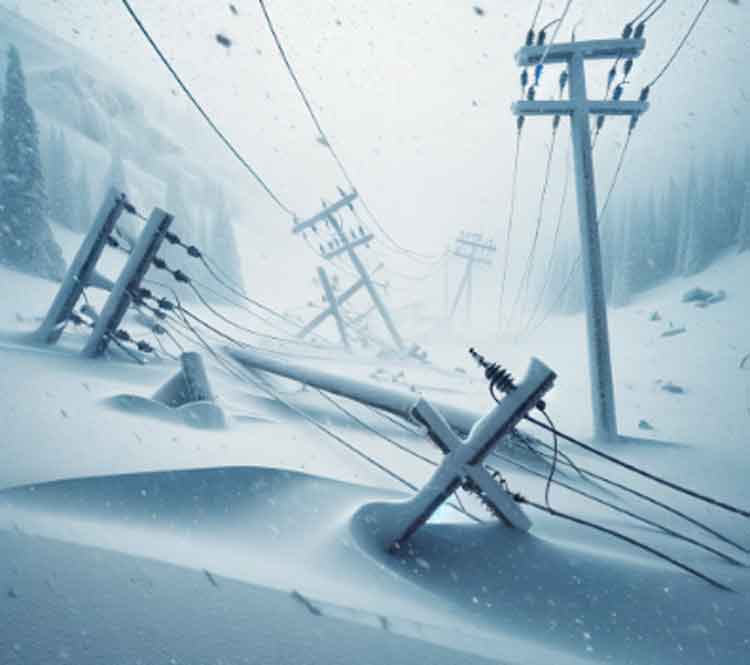Hungary's Quiet Alliance with Russia in Europe's Energy Landscape

Protective Relay Training - Basic
Our customized live online or in‑person group training can be delivered to your staff at your location.

- Live Online
- 12 hours Instructor-led
- Group Training Available
Hungary's Russian Energy Dependence underscores EU tensions, as TurkStream gas flows, discounted imports, and pipeline reliance challenge sanctions, energy security, diversification, and decoupling goals amid Ukraine war pressures and bloc unity concerns.
Key Points
It is Hungary's reliance on Russian gas and oil via TurkStream, complicating EU sanctions and energy independence.
✅ 85% gas, 60% oil imports from Russia via TurkStream pipelines.
✅ Discounted contracts seldom cut bills; security cited by Budapest.
✅ EU decoupling targets hampered; sanctions leverage and unity erode.
Hungary's energy policies have positioned it as a notable outlier within the European Union, particularly in the context of the ongoing geopolitical tensions stemming from Russia's invasion of Ukraine. While the EU has been actively working to reduce its dependence on Russian energy sources through an EU $300 billion plan to dump Russian energy, Hungary has maintained and even strengthened its energy ties with Moscow, raising concerns about EU unity and the effectiveness of sanctions.
Strategic Energy Dependence
Hungary's energy infrastructure is heavily reliant on Russian supplies. Approximately 85% of Hungary's natural gas and more than 60% of its oil imports originate from Russia. This dependence is facilitated through pipelines such as TurkStream, which delivers Russian gas to Hungary via Turkey and the Balkans amid Europe's energy nightmare over price volatility and security. In 2025, Hungary's gas imports through TurkStream are projected to reach 8 billion cubic meters, a significant increase from previous years. These imports are often secured at discounted rates, although such savings may not always be passed on to Hungarian consumers.
Political and Economic Considerations
Prime Minister Viktor Orbán has been a vocal critic of EU sanctions against Russia and has consistently blocked EU initiatives aimed at providing military aid to Ukraine, even as Ukraine leans on power imports to keep the lights on. His government argues that Russia's military capabilities make it an unyielding adversary and that a ceasefire would only solidify its territorial gains. Orbán's stance has led to Hungary's isolation within the EU on matters related to the conflict in Ukraine.
Economically, Hungary's reliance on Russian energy has been justified by the government as a means to maintain low energy prices for consumers and ensure energy security. However, critics argue that this strategy undermines EU efforts to achieve energy independence and reduces the bloc's leverage over Russia amid a global energy war marked by price hikes and instability.
EU's Response and Challenges
The European Union has set ambitious goals to reduce its reliance on Russian energy, aiming to halt imports of Russian natural gas by the end of 2027 and prohibit new contracts starting in 2025 while exploring gas price cap strategies to contain market volatility. However, Hungary's continued imports of Russian energy complicate these efforts. The TurkStream pipeline, in particular, has become a focal point in discussions about the EU's energy strategy, as it enables ongoing Russian gas exports to Europe despite the bloc's broader decoupling initiatives.
Hungary's actions have raised concerns among other EU member states about the effectiveness of the sanctions regime and the potential for other countries to exploit similar loopholes. There are calls for stricter policies, including banning spot gas purchases and enforcing traceability of gas origins, and consideration of emergency measures to limit electricity prices to ensure genuine energy independence and reduce overreliance on external suppliers.
Hungary's steadfast energy relationship with Russia presents a significant challenge to the European Union's collective efforts to reduce dependence on Russian energy sources. While Hungary argues that its energy strategy is in the national interest, it risks undermining EU solidarity and the bloc's broader geopolitical objectives. As the EU continues to navigate its energy transition and response to the ongoing conflict in Ukraine, including energy ceasefire violations reported by both sides, Hungary's position will remain a critical point of contention within the union.











